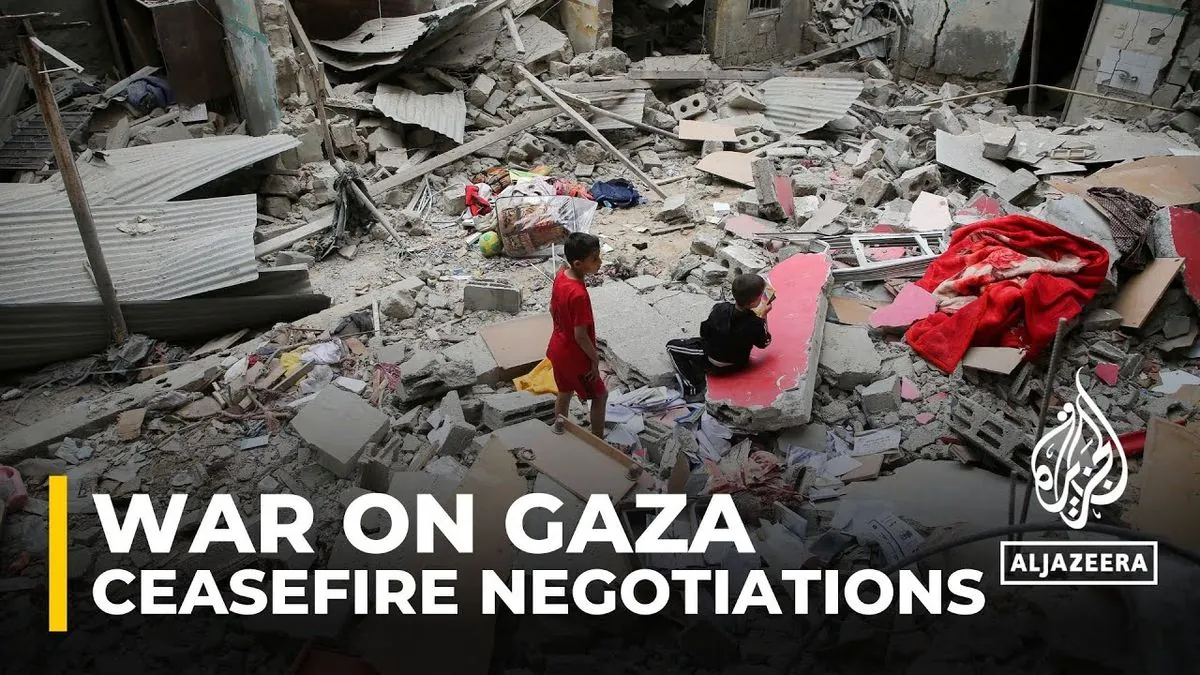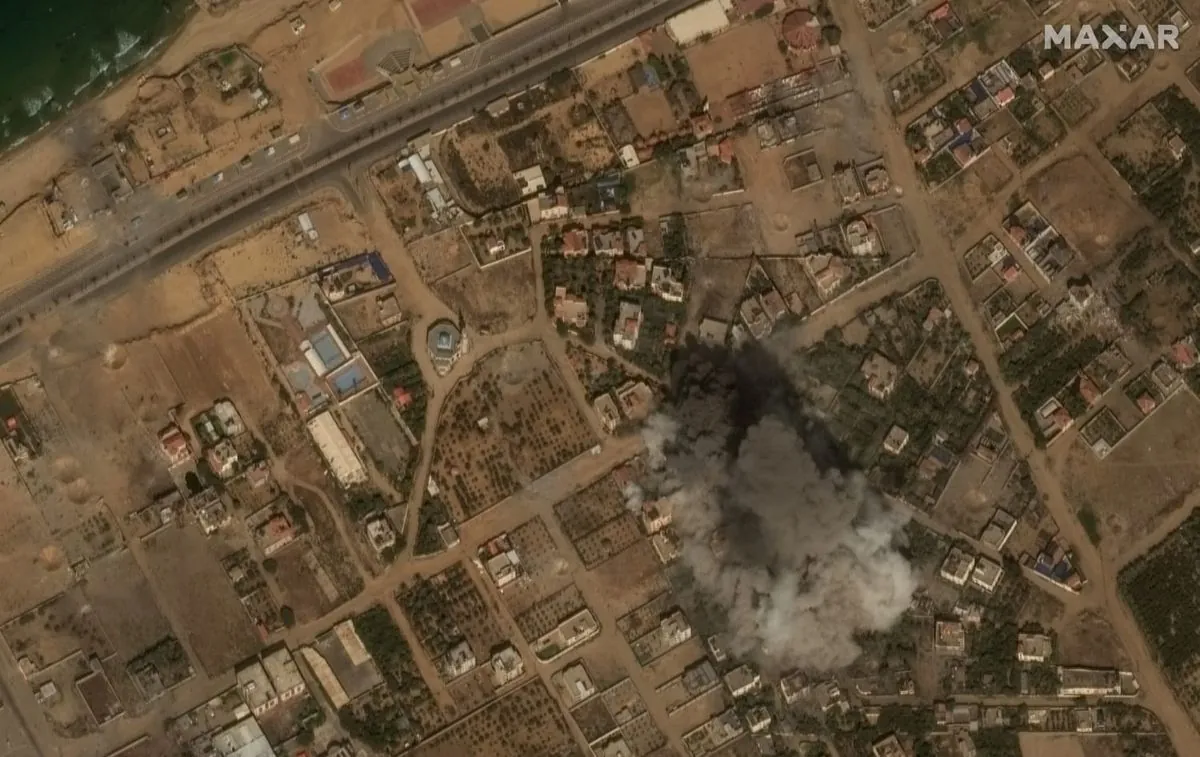Biden's Gaza Cease-Fire Optimism Contrasts with Ongoing Challenges
Despite repeated assurances of progress, a Gaza cease-fire deal remains elusive. Meanwhile, Ukraine reshuffles its cabinet and global diplomatic events unfold, highlighting complex international dynamics.

The Joe Biden administration's persistent optimism regarding a potential Gaza cease-fire deal stands in stark contrast to the ongoing challenges on the ground. Over the past three months, U.S. officials have repeatedly suggested that an agreement between Israel and Hamas is within reach, despite mounting casualties and humanitarian concerns.
Since Biden's announcement of an Israeli proposal for hostage release and cease-fire on May 31, 2024, various administration officials have consistently expressed confidence in the negotiations' progress. However, the situation in Gaza has deteriorated significantly during this period. According to Hamas-run health authorities, approximately 4,000 Palestinians have lost their lives since the initial announcement. Additionally, polio has been detected in Gaza for the first time in 25 years, exacerbating the humanitarian crisis.
The negotiations face several stumbling blocks, including disagreements over the exchange of Palestinian prisoners for hostages and Israel's control of the Philadelphi Corridor. This narrow strip of land along the Gaza-Egypt border, established after the 1979 Israel-Egypt Peace Treaty, has been a contentious issue in the talks.

"The hope that perhaps a deal was near, was so authentic it was crunchy. It tasted close."
In Ukraine, a significant cabinet reshuffle is underway. The Verkhovna Rada, Ukraine's unicameral parliament, has approved Andrii Sybiha as the new foreign minister, replacing Dmytro Kuleba. This change comes as Ukraine continues to navigate complex diplomatic challenges amidst ongoing conflict with Russia.
Meanwhile, Venezuelan authorities have arrested a U.S. Navy sailor who was reportedly on personal travel in the country. This incident occurs just a week after the United States seized Venezuelan President Nicolás Maduro's airplane in the Dominican Republic, further straining relations between the two nations.
In a separate development, U.S. prosecutors have indicted Linda Sun, a former top aide to New York Governor Kathy Hochul, for allegedly spying for China. The charges include blocking Taiwanese representatives from meeting state officials and altering messaging on China-related issues.
On the diplomatic front, the U.S. State Department is making progress in its cyber diplomacy efforts. Nathaniel Fick, the U.S. ambassador at large for cyberspace and digital policy, announced that the department is on track to have trained cyber and digital officers in every U.S. diplomatic mission by the end of the year.
Looking ahead, several significant events are on the horizon. The Forum on China-Africa Cooperation continues in Beijing, while Algeria prepares for its presidential election on September 7. The 79th session of the United Nations General Assembly is set to open on September 10, coinciding with the first U.S. presidential debate between Vice President Kamala Harris and former President Donald Trump.
As these events unfold, the international community remains focused on the complex challenges in Gaza, Ukraine, and other global hotspots, underscoring the intricate nature of modern diplomacy and conflict resolution.


































